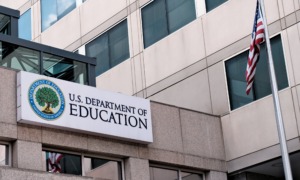All posts tagged "Education and Training"
-

 734News
734NewsOklahoma plan to check parents’ citizenship could keep kids from going to school
Checking parents’ citizenship violates federal law. Can this policy be enforced?
-

 1.9KNews
1.9KNewsAs public colleges begin to merge or shut down, one state shows how hard it is
Closing colleges and universities face hostilities from communities and politicians.
-
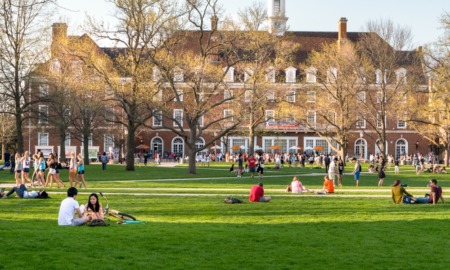
 3.4KNews
3.4KNewsThe number of 18-year-olds is about to drop sharply, packing a wallop for colleges — and the economy
A long-anticipated demographic cliff caused by the Great Recession will arrive this fall.
-
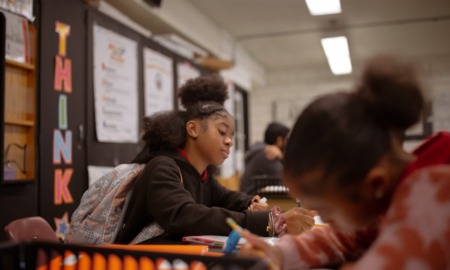
 1.4KNews
1.4KNewsIn Maryland, a multimillion dollar push to scale up high dosage math tutoring
A Maryland high dosage math tutoring program employs nearly 1,000 college and graduate students.
-
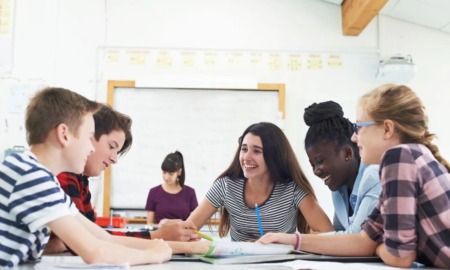
 1.8K► Reports
1.8K► ReportsThe disengagement gap: Why student engagement isn’t what parents expect
With chronic absenteeism still double pre-pandemic levels, student engagement across the country is faltering.
-
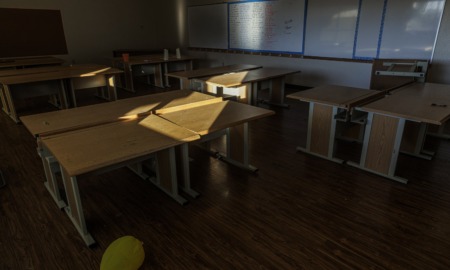
 1.5KNews
1.5KNewsArizona regulators closed a failing charter school. It reopened as a private religious school funded by taxpayers.
Arizona imposes no transparency or accountability requirements on private schools that receive taxpayer dollars.
-
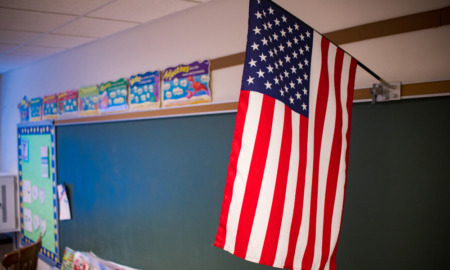
 3.8KNews
3.8KNewsEducation stories we’re watching in 2025
School Curriculum | Teaching Methods | School Choice | School Closures | Dismantling the DOE | Project 2025
-
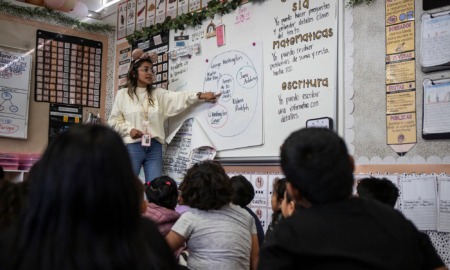
 4.2KNews
4.2KNewsCalifornia banned bilingual education for almost 20 years. It still hasn’t recovered
Proposition 227 required schools to teach only in English with students still learning it.
-
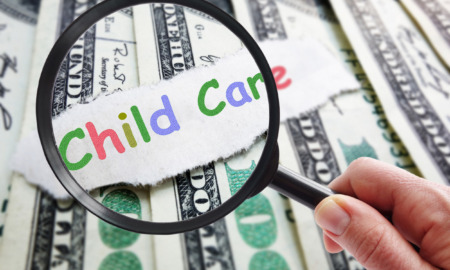
 1.4KNews
1.4KNewsParents on the hunt for child care say it feels like ‘The Hunger Games’
Yearslong wait lists, anxiety, and lack of choice: 4 parents' quest for quality care.
-

 3.0KNews
3.0KNewsThe story of one Mississippi county shows how private schools are exacerbating segregation
Student populations in private schools are far whiter than in the surrounding public schools.
-
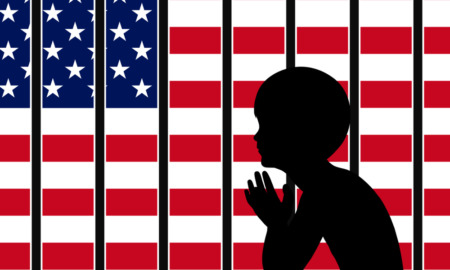
 1.6KNews
1.6KNewsPotential for immigration arrests at schools under Trump spurs push to shield families
Every school needs detailed policies for all staff interactions with federal immigration officials.
-

 1.4KNews
1.4KNews30 Black public school teachers in Philadelphia tell us why so many are leaving the profession
The teaching profession is facing the "Great Teacher Resignation." What's causing their exodus?
-
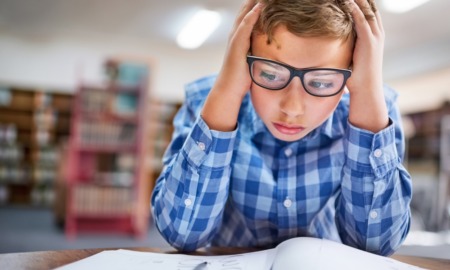
 3.3KFrom the Field
3.3KFrom the Field6 observations from a devastating international math test
Is it time to panic? Here are six takeaways, from interviews with testing experts.
-

 2.3KNews
2.3KNews‘The kids everyone forgot’: The faltering post-pandemic push to reengage teens and young adults not in school, college, or the workforce
Do we need more than job-training? Adding social-emotional support to reconnection programs could help.
-
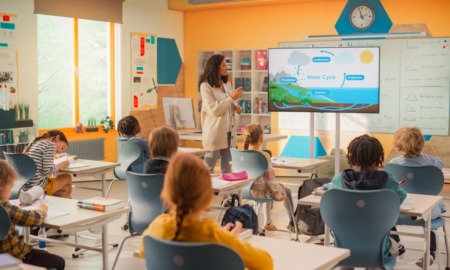
 2.0KFrom the Field
2.0KFrom the FieldWhy being forced to precisely follow a curriculum harms teachers and students
Teachers have long decried "curriculum fidelity." Why? Every classroom and every student is different.
-
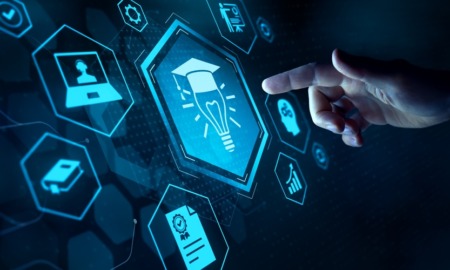
 1.2KNews
1.2KNewsCollege students ‘cautiously curious’ about AI despite mixed messages from schools, employers
Students hear professors' warnings against AI and job market's conflicting demands for AI mastery.
-

 933News
933NewsEveryday Hero: Publisher shares stories written by diverse young authors
Publisher says kids don’t doubt themselves. That makes for a really fun creative flow.
-

 3.0KNews
3.0KNewsIs calculus an addiction that college admissions officers can’t shake?
Many university professors think high schoolers would be better off learning more useful math.
-
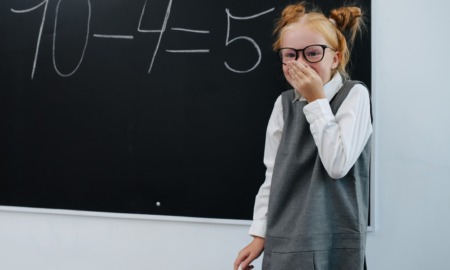
 2.1KNews
2.1KNewsU.S. math scores drop on major international test
Declines in U.S. fourth grade mathematics scores were among the largest in participating countries.
-
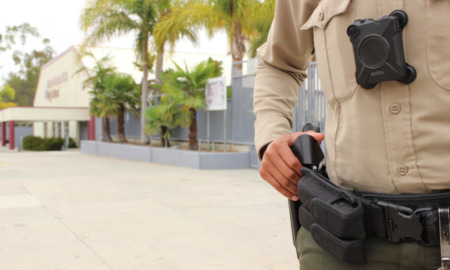
 1.5KFrom the Field
1.5KFrom the Field5 reasons why school police officers may not be the most effective way to prevent violence
Research shows school police officers may subconsciously make students feel less safe.

























